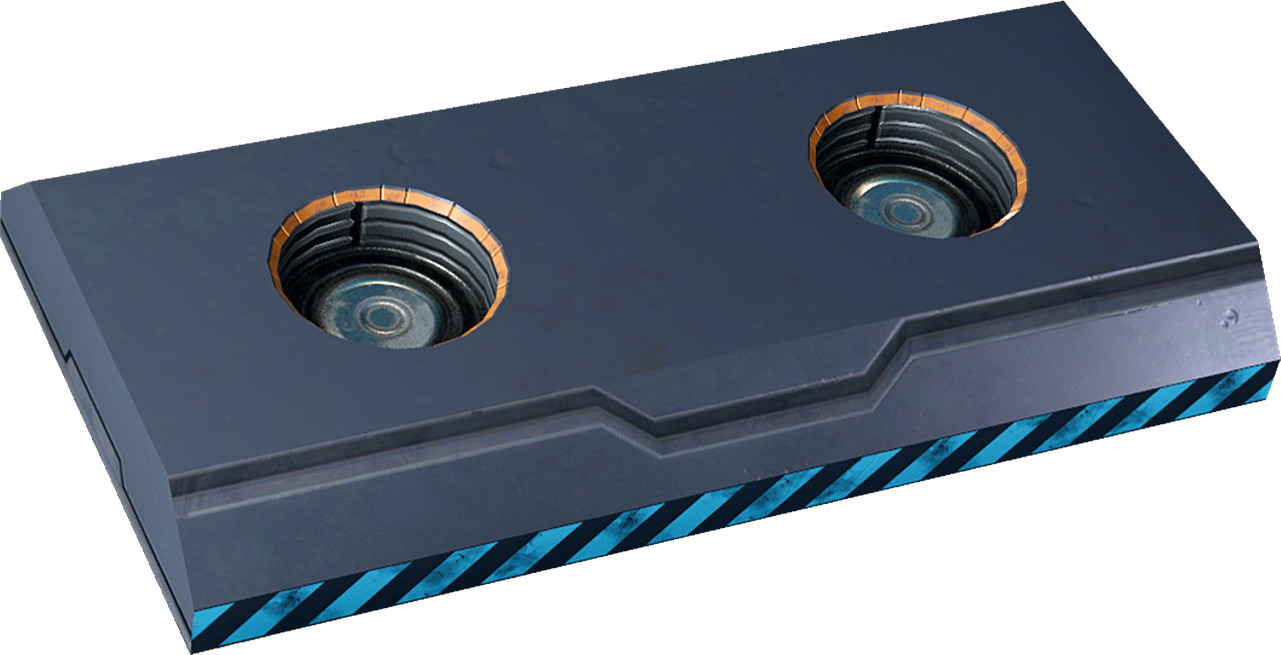Difference between revisions of "Rail socket"
Jump to navigation
Jump to search
m (Added note on the removal of rail drives.) |
m (removed previous edit and marked as closed alpha) |
||
| (2 intermediate revisions by the same user not shown) | |||
| Line 1: | Line 1: | ||
{{ClosedAlphaContent}} | |||
{{Otherlang2 | {{Otherlang2 | ||
|de=Rail_socket:de | |de=Rail_socket:de | ||
| Line 73: | Line 74: | ||
|xhalium= | |xhalium= | ||
}} | }} | ||
}}<section begin=summary/>Rail sockets are used to power rail networks and to transmit power to any connected [[Rail mover|rail mover]] | }}<section begin=summary/>Rail sockets are used to power rail networks and to transmit power to any connected [[Rail mover|rail mover]]. <section end=summary/> | ||
== Basic information == | == Basic information == | ||
Latest revision as of 03:20, 16 September 2021
Rail socket
Type Rail device
Function Power interface
Size 48×12×1.5 cm
Mass 18.7 kg
Volume 1.88 kv
Corrosion resistance 400
Input / Output
Sockets 2
Composition
Rail sockets are used to power rail networks and to transmit power to any connected rail mover.
Basic information
Bolting a rail socket onto a rail piece allows cables connected to the socket to transmit power and data to the rail network.
